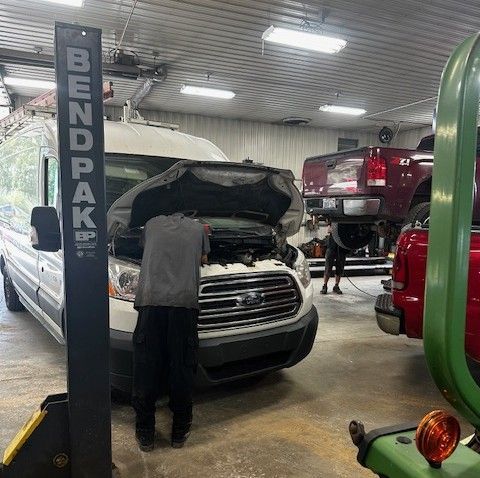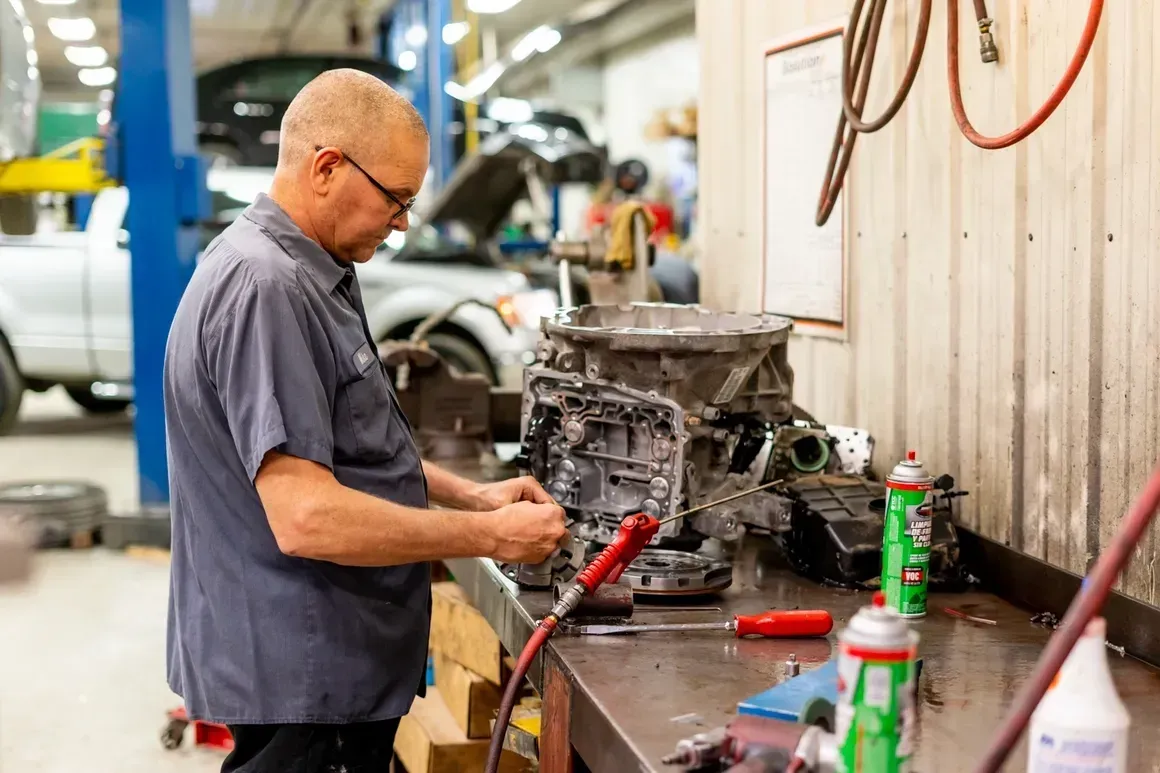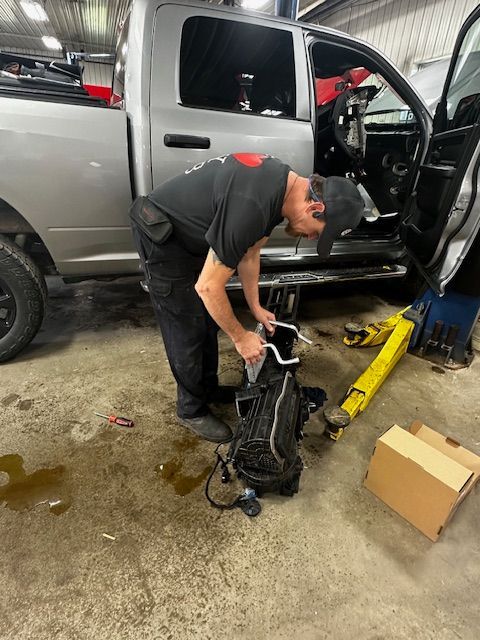Understanding Anti-Lock Brake Systems (ABS) and Why They Matter for Your Vehicle
At Faithful Auto And Truck Repair in North Branch, MI, we believe that understanding how your vehicle’s systems work is the key to maintaining a safe and reliable ride. One of the most important systems in modern vehicles is the Anti-Lock Brake System (ABS). ABS is crucial for preventing skidding during emergency stops, ensuring your safety by allowing you to maintain control of your vehicle even under hard braking conditions.
In this blog post, we’ll take an in-depth look at how ABS works, why it’s important, and what you should do if you suspect issues with your brakes.
How Does ABS Work?
ABS works by preventing your vehicle’s wheels from locking up during heavy braking, which can cause a dangerous skid. When the ABS sensors detect that one or more wheels are about to lock, the system rapidly pulses the brake pressure, allowing the wheels to continue rotating while slowing down the vehicle. This controlled deceleration enables drivers to maintain steering control, which is essential for avoiding obstacles during emergency braking situations.
Unlike traditional braking systems, which can lock the wheels and cause loss of traction, ABS modulates the pressure applied to each wheel, helping you stay in control.
The Importance of ABS in North Branch, MI Driving Conditions
In Michigan, especially in areas like North Branch, road conditions can vary significantly throughout the year. Winter brings icy roads, and rainy seasons can make surfaces slick, making it all the more important to have a properly functioning ABS in your vehicle. In these unpredictable conditions, the ability to maintain steering control while braking can be the difference between a safe stop and a dangerous collision.
At Faithful Auto And Truck Repair, we know the importance of having a well-maintained ABS for local driving conditions. Our ASE-certified technicians are equipped with the expertise and tools needed to inspect, diagnose, and repair any issues with your braking system, including ABS malfunctions.
Signs Your Anti-Lock Brake System Needs Attention
Your ABS is designed to be low-maintenance, but like any vehicle component, it can experience issues over time. Here are some signs that your ABS might need professional attention from Faithful Auto And Truck Repair:
- ABS Warning Light: If the ABS light on your dashboard is illuminated, it’s a clear indicator that something is wrong with the system.
- Unusual Brake Pedal Response: A pulsing or vibrating brake pedal under normal braking conditions could indicate ABS activation when it shouldn’t be.
- Decreased Control During Braking: If you find that your car skids or loses control during hard braking, the ABS may not be functioning properly.
Ignoring these warning signs could lead to serious safety issues, which is why regular brake inspections at Faithful Auto And Truck Repair are essential.
Why Choose Faithful Auto And Truck Repair for ABS Repair and Maintenance?
At Faithful Auto And Truck Repair, we’re committed to providing top-tier brake and ABS services in North Branch, MI. We take pride in delivering honest, transparent service backed by our Technet Professional Nationwide Warranty. Our ASE-certified technicians have years of experience working with ABS systems and are trained to handle everything from routine brake inspections to complex ABS repairs.
We also use the latest diagnostic tools to ensure that your vehicle’s ABS is in top condition, no matter the make or model. Whether you’re facing a minor issue or need a full system repair, we have the expertise to get the job done right.
Key Benefits of Choosing Us:
- Nationwide Warranty: Our Technet Professional Nationwide Warranty covers parts and labor, giving you peace of mind no matter where you travel.
- ASE-Certified Technicians: Trust in our team of certified professionals who are experts in ABS and brake systems.
- Advanced Diagnostics: We use cutting-edge diagnostic tools to ensure accurate and efficient repairs.
- Comprehensive Brake Services: From routine maintenance to complete ABS overhauls, we handle it all.
- Prompt, Reliable Service: We understand the importance of your time and work quickly to get you back on the road safely.
How Faithful Auto And Truck Repair Performs ABS Service
When you bring your vehicle to us for ABS service, we start with a thorough inspection using advanced diagnostics to identify any issues. Whether it’s a faulty sensor, damaged wiring, or problems within the ABS control module, our team will pinpoint the problem and recommend the most effective repair solution. We’ll explain the issue in clear, understandable terms, so you’re fully informed before any work begins.
Our goal is to ensure your brakes are performing at their best, keeping you and your passengers safe.
Maintaining Your ABS: Best Practices for Michigan Drivers
Regular brake inspections are key to maintaining the health of your ABS. Michigan’s weather conditions can be harsh, especially during winter, and cold, icy roads can put a strain on your braking system. We recommend having your brakes and ABS checked at least once a year, and sooner if you experience any warning signs.
At Faithful Auto And Truck Repair, we offer comprehensive brake and ABS inspections that include checking brake pads, fluid levels, sensors, and more. Keeping your ABS in top shape not only ensures your safety but also extends the lifespan of your entire braking system.
ABS Repair Near Me in North Branch, MI
If you’re in North Branch, MI, and searching for ABS repair, look no further than Faithful Auto And Truck Repair. We are dedicated to providing the highest quality brake services, ensuring your vehicle is equipped to handle whatever the road throws at you. Whether you’re noticing warning lights on your dashboard or experiencing braking issues, our team is here to help.
Don’t wait for brake problems to escalate. Schedule your ABS inspection or repair with us today. Our ASE-certified technicians are ready to diagnose and fix any issues, backed by our nationwide warranty. Visit us in North Branch, MI, and experience reliable, expert service you can trust.






